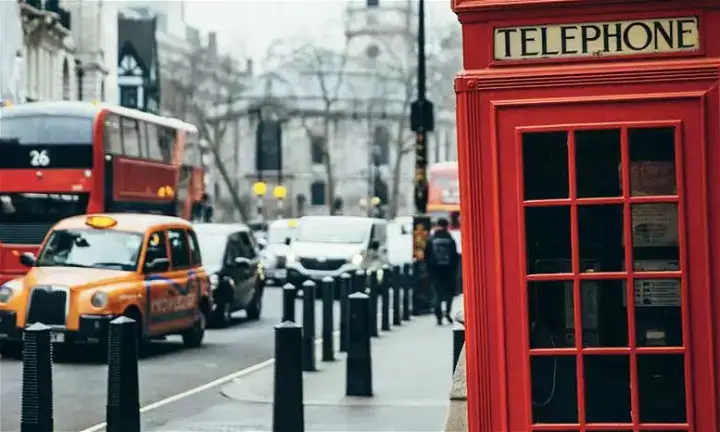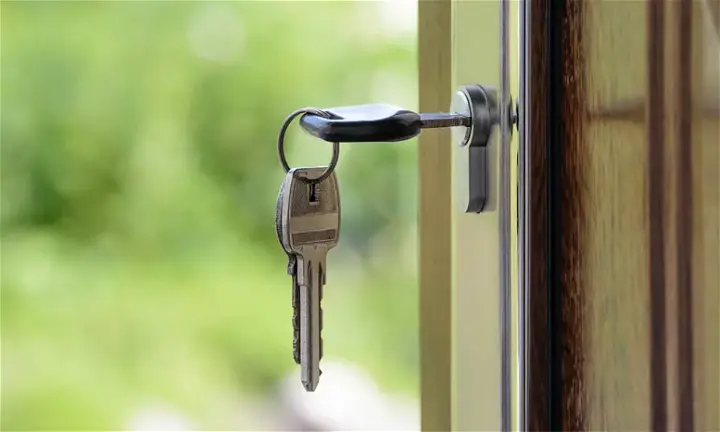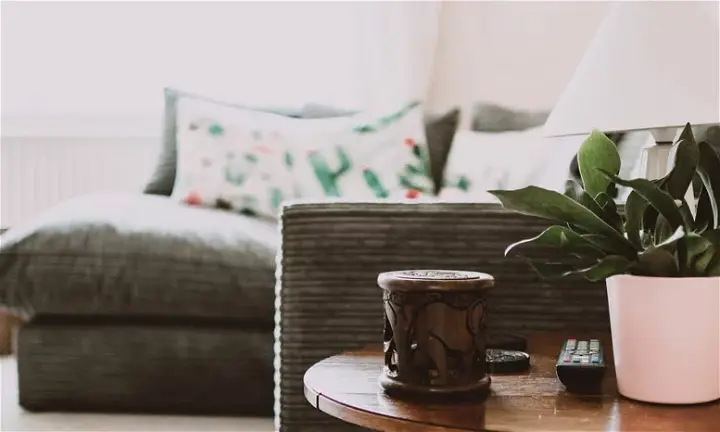
Setting up a B&B: legal matters
Setting up a bed and breakfast in your home or a dream house in the Cotswolds may seem like an easy lifestyle – no commutes, running your business from home, getting to know your lovely guests… Many find that reality bites, and that setting up and running a B&B takes a lot more effort and know-how than it may appear. Prospective B&B owners should not be put off by the seemingly overwhelming number of regulations they must adhere to before they get started. Although it may seem complex at first, most of it is common sense. Remember, a B&B is a business like any other, so regulations and legal requirements must be met. We’ve outlined some of the most important guidelines you should take care of when setting up your new business.
Food safetyThe clue is in the name – a bed and breakfast serves breakfasts. Food safety laws are tight and ever-changing, so it’s important to stay up to date on the latest requirements. Before opening your B&B, you need to register with your Local Authority, who will send an Environmental Health Officer to inspect your premises once the registration is received. You will have to provide a written plan for your food safety management system – the Food Standards Agency provides a pack you can use. You can take a food safety course – though it is not required, it looks great and will stand you in good stead.
The kitchen itself should meet certain requirements. The lighting should be good enough to ensure all food is properly cooked, your windows should open and provide good ventilation, and there must be a constant supply of hot water and drinkable cold water. It must be structurally sound, with easy to clean surfaces and equipment; walls, ceiling, floors and surfaces must be non-absorbent and smooth. Pets should be kept out of the room and measures should be taken to combat pests. You should wear clean clothes and an apron, and long hair should be kept in a cap or net. Food management is incredibly important – handling raw meat, storing high risk foods, defrosting of frozen food and other hygiene regulations should be carefully followed. The government booklet for food safety regulations and advice can be a great resource for newbie bed and breakfast owners.
Insurance and planningYou may need to report your intent to open a B&B to the local planning department, even if you don’t need to make any structural changes to your property. Find out whether you need to by contacting your Local Planning Authority. If your home and business is reasonably small, you should inform your existing home insurance company in writing that you intend to run a B&B from the property. They may accept this and adjust your premiums, but many will say that this is not covered and advise you to take out a business policy. This is normally the best option as you are more fully covered. You should be covered for public liability; this protects you if anyone decides to sue for injury or other incidents in your property. You should also be covered for damage and theft, and ideally for business interruption.
Safety regulationsJust like any home or business, B&Bs are subject to strict safety rules. Boilers must be inspected by Gas Safe Engineers and the certificate must be displayed somewhere that guests can see them. A fire safety check should be conducted prior to opening your B&B in order to highlight any potential fire risks, including but not limited to overloaded power cables, heaters and electrical equipment. You can then take the required steps to reduce the risk; if you employ more than 5 people, the assessment should be kept for your records. As smoking is forbidden in public places, smoking must be prohibited in corridors and any common spaces. It is up to your discretion whether guests can smoke in their rooms; these are not public spaces, but you may want to consider the effect on your room. You should also ensure that your property is equally accessible to disabled guests; this may mean ramps, rails or handles so that you can welcome all guests fairly.
LicencesYou may require certain licenses depending on the services you would like to offer at your B&B. If you wish to serve alcohol in any form you will need personal and premises alcohol licences. This can take some time and can be costly, so you may want to consider how much this will add to your business. If you want to add some ambiance to your B&B by playing music, you will need a music licence. Whether it’s live music nights, ambient radio in the guests’ rooms or a TV with a music channel playing during breakfast, you’ll need a PRS (Performing Right Society) licence and a PPL (Phonographic Performance Ltd) licence. Most B&B hosts provide TVs in guest rooms, but you need a Hotel and Mobile Units television licence, which can be bought online. If a guest is staying more than 28 days consecutively, a standard TV licence will suffice. Some hosts also offer guests DVDs to watch in their rooms or a common area; you guessed, you need a licence for that too. Check out the Filmbank website to apply online.
These regulations may seem overwhelming at first, but done step by step as part of your plan to open your B&B they can be done. Once they are out of the way, they only need to be maintained or revisited every so often. As regulations can change, you should always check the most up-to-date legislation. This is not an exhaustive list, so ensure that you have identified all legislation relevant to your property and business. Once this is all out of the way, you can get on with the fun part; running your B&B and making some extra income!
Author: Roomlala



